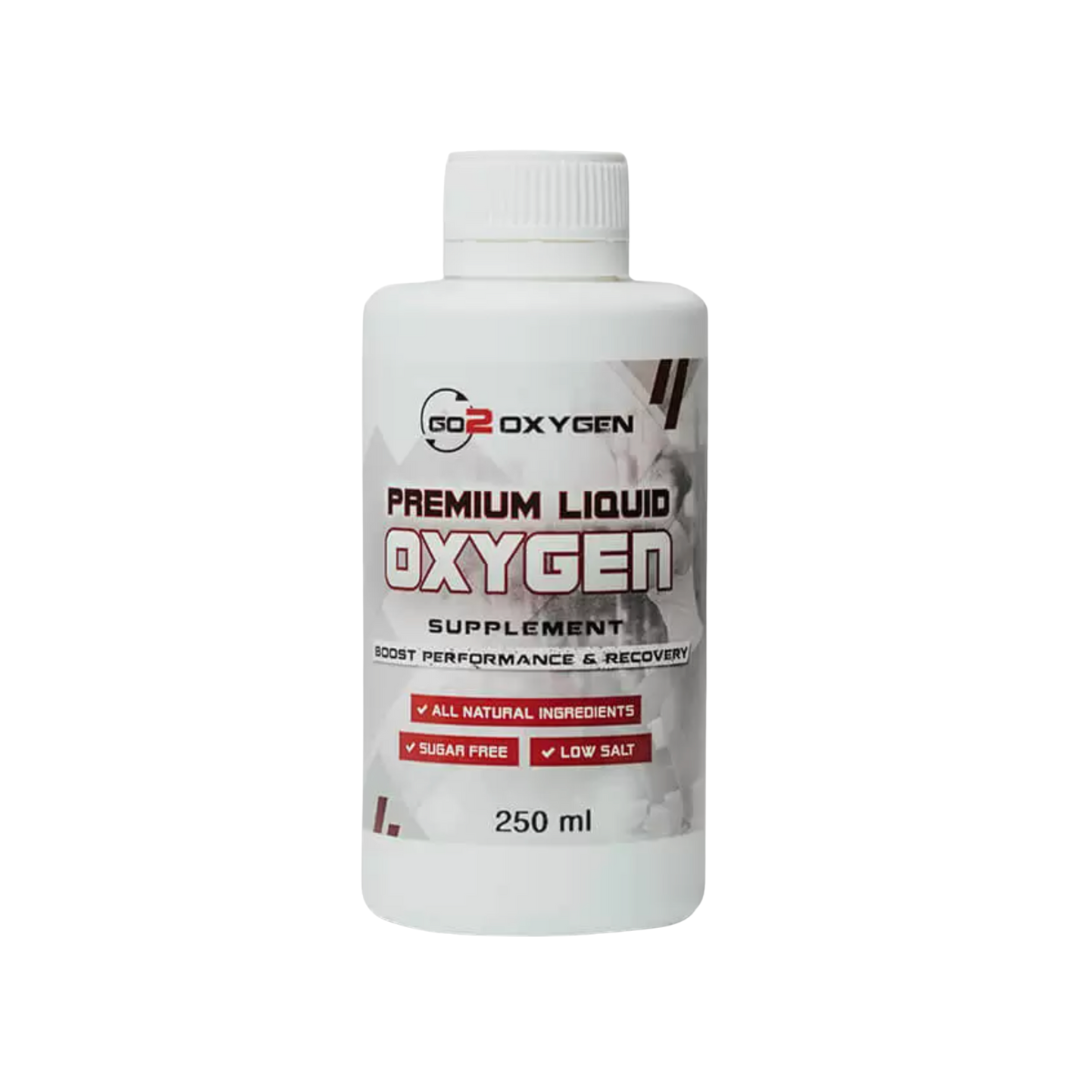How is the nervous system involved?
The nervous system excitation caused by the build up of glutamate in the blood, results in a defective conversion of glutamate to GABA via glutamate decarboxylase enzyme (GAD) to return the body to homeostasis and balance.
Who is affected by this?
The excess glutamate is particularly a concern in autoimmune conditions, mental health conditions and dysautonomic conditions. In these cases the individuals may be born with excess glutamate receptors, defective GAD enzyme (gene variants) and insufficient GABA receptors.
What does the research say?
Studies show symptoms of glutamate excitation and toxicity extend beyond anxiety or transient heart rate increases into psychiatric distress and somatic distress such as increased pain, pain perception and sensitivity and muscle weakness. Excess dietary and blood glutamate has been shown to be a causal link and sustaining factor in conditions such as Post Traumatic Stress Disorder (PTSD), Gulf War syndrome, Parkinson’s disease, Fibromyalgia and Ehlers-Danlos Syndrome (EDS).
Which foods contain free-glutamate?
Foods containing glutamate are not just fermented foods, they also include, however are not limited to:
Monosodium glutamate (MSG)
yeast extract
Soy products
Mushrooms
Tomatoes
Cured meats
Parmesan cheese
Green peas
Canned fish
What about glutamine?
Glutamine can also contribute to higher glutamate levels through a low conversion of glutamate to GABA. When high levels of protein are consumed through excess dietary intake in the form of protein powders or even excessive glutamine supplementation, glutamine will convert to glutamate and may not effectively convert to GABA, thus increasing levels of glutamate in the blood. This is particularly the case for individuals with the conditions mentioned earlier
What symptoms can excess glutamine cause?
Glutamine in these individuals may cause extreme diarrhoea, further inflammation and increase intestinal hyperpermeability, as well as heightened dysautonomia and neuroexcitation.
What about vitamin B6?
Some research suggests supplementing with B6 is going to help you convert glutamate/glutamine to GABA. However, only if you can absorb it. In autoimmune conditions, dysautonomia, and any condition of chronic inflammation or stress, the body’s ability to absorb nutrients is reduced by the parasympathetic dysfunction and low vagal nerve stimulation. You’d need high levels. Check out one of Lucas’s previous Instagram posts on why high levels of B6 supplementation can cause neurotoxicity.
Is there a link between glutamate and histamine?
The foods containing glutamate also contain higher levels of histamine, this can lead to an overactive immune system and nervous system. Which can create higher levels of inflammation and result in further digestive disturbances.
Final thoughts:
- If you are experiencing chronic health issues (described above) attempt to limit the amount of glutamate containing foods in each meal and over the course of a day
- Glutamine supplementation and protein powder may cause neuroexcitation and digestive disturbances in some individuals, proceed with caution.
- Attempting to increase conversion of glutamate to GABA with vitamin B6 may cause further neuroexcitation and neurotoxicity.
References:
Doi: https://doi.org/10.1093/cdn/nzz031.FS15-08-19
Doi: https://doi.org/10.1159/000496294
Doi: https://doi.org/10.1007/s00702-014-1180-8
This article was written as a guest post, by Kris Jasper.
You can learn more about here here: http://www.wellnessbyk.com.au/










































